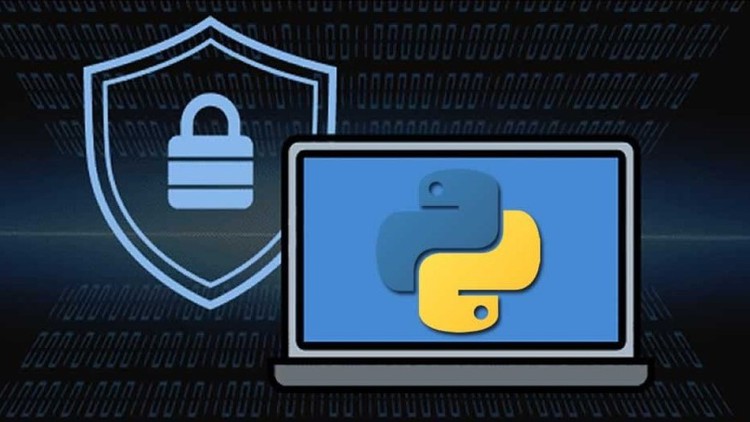
Cybersecurity For Beginners: Python For Penetration Testing
What You Will Learn
Python For Ethical Hacking
Network Attacks
Weakness of Network Devices
Penetration Testing of Network Devices
Learn Python From the scratch
Network Fundamentals
Build your Own Ethical Hacking Tools in Python
Understanding how ethical hacking tools being created
Requirements
-
Understanding computer use and the Windows operating system
Description
What is ethical hacking?
Ethical hacking, also known as penetration testing or pen testing, is legally breaking into computers and devices to test an organization’s defenses. It’s among the most exciting IT jobs any person can be involved in. You are literally getting paid to keep up with the latest technology and get to break into computers without the threat of being arrested.
The Usefulness of Python in Cyber Security
Python is an advantageous programming language for cyber security because it can perform many cyber security functions, including malware analysis, scanning, and penetration testing functions.
It is user-friendly and has an elegant simplicity, making it the perfect language choice for many cyber security professionals.
Python has been at the forefront for many years. It is a general-purpose, server-side scripting language that has been used for thousands of security projects. Everything from testing microchips to building video games with PyGame, Python is the most sought after programming language for its power-packed capabilities.
Using Python’s base programming, any of the following can be done without using any other third-party tools:
- Web server fingerprinting
- Simulation of attacks
- Port scanning
- Website cloning
- Load generation and testing of a website
- Creating intrusion detection and prevention systems
- Wireless network scanning
- Transmission of traffic in the network
- Accessing mail servers.
Conclusion:
A lot of the reasons mentioned above and several others make programmers prefer Python over any other programming language. Using Python by cyber security professionals over any other programming language is also common due to factors such as better respond time, user-friendly data structure and security.
Who this course is for:
- DevSecOps Engineers
- Ethical Hackers
- Pen-testers
- Cyber Security Engineers
Who this course is for:
- Ethical Hackers
- Penetration Testers
- Cyber Security analyst
- Network Engineers
- Data Security Engineers
- Network Administrators
- Cloud Engineers
- Cloud Architects
- Security Architects
- Security Engineers
- DevSecOps Engineers
- Security Analysts